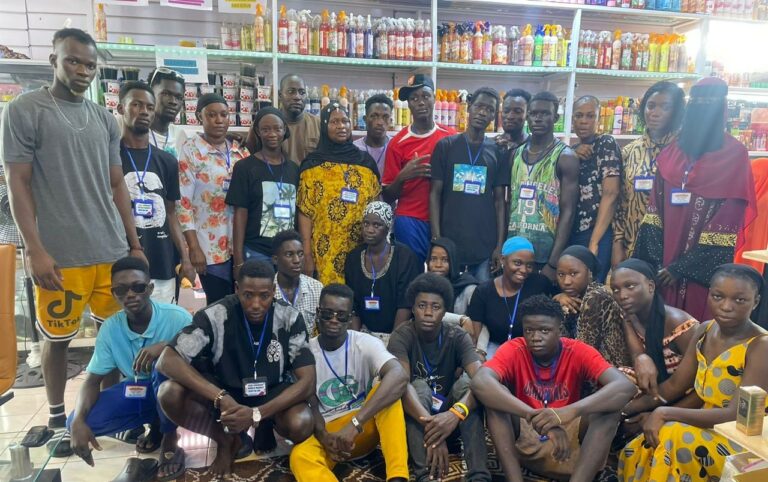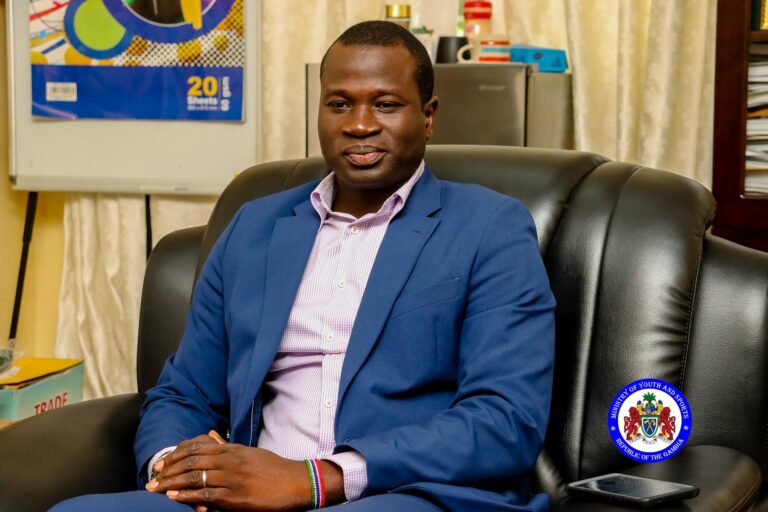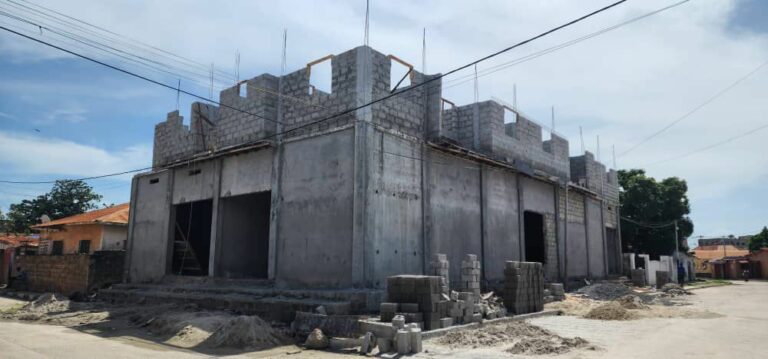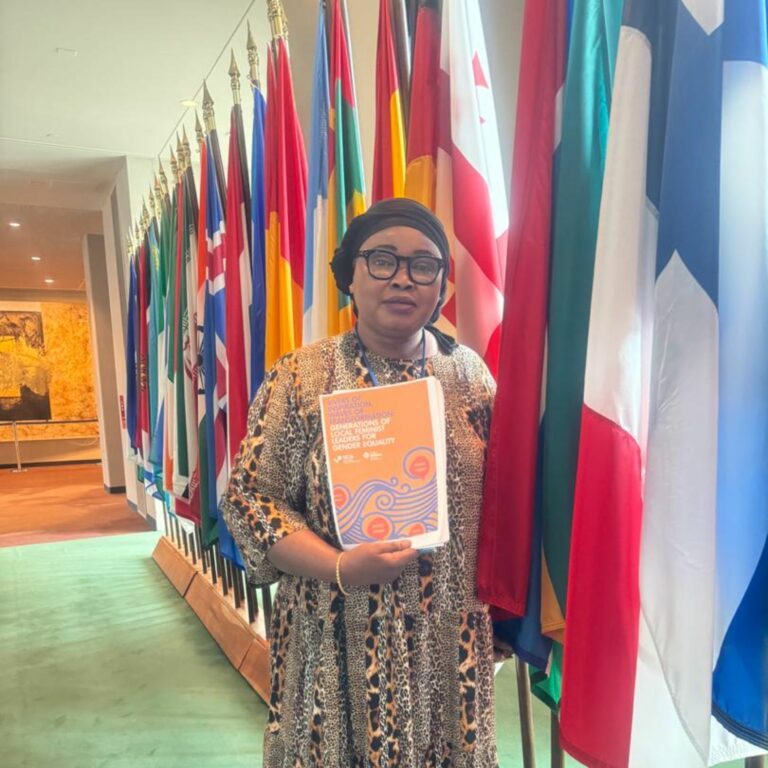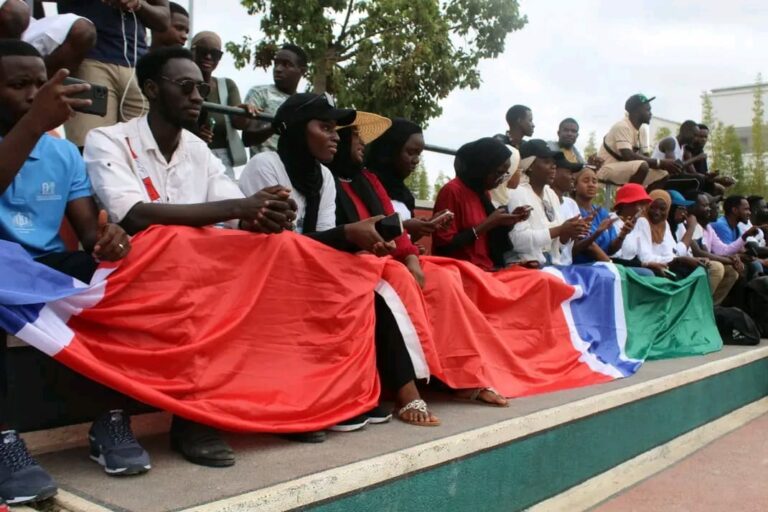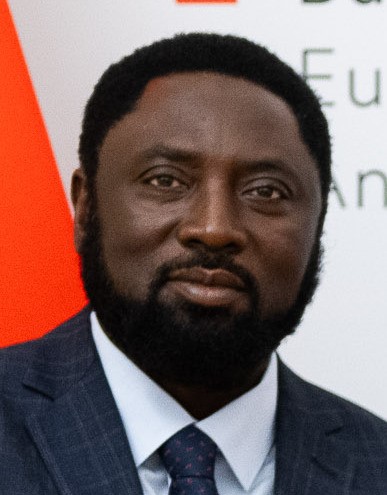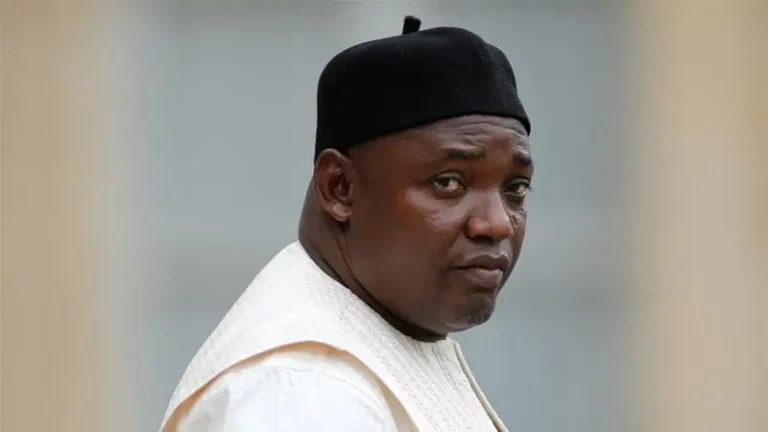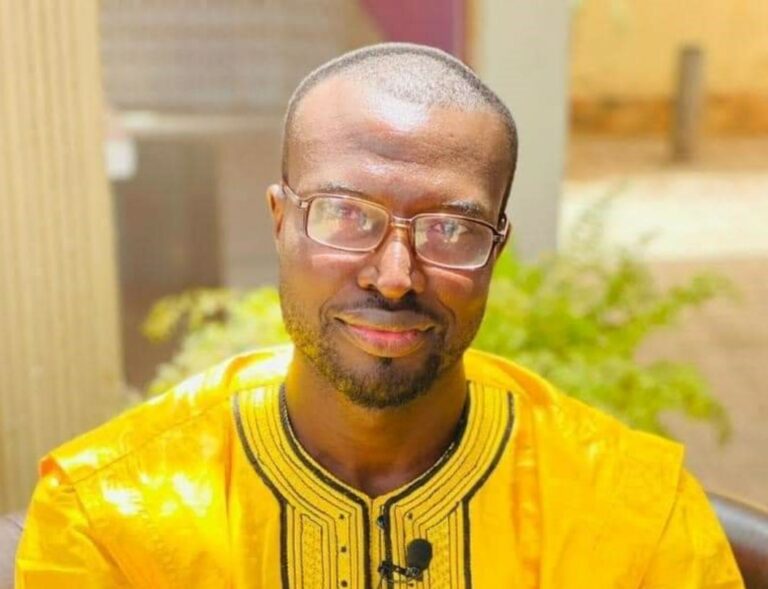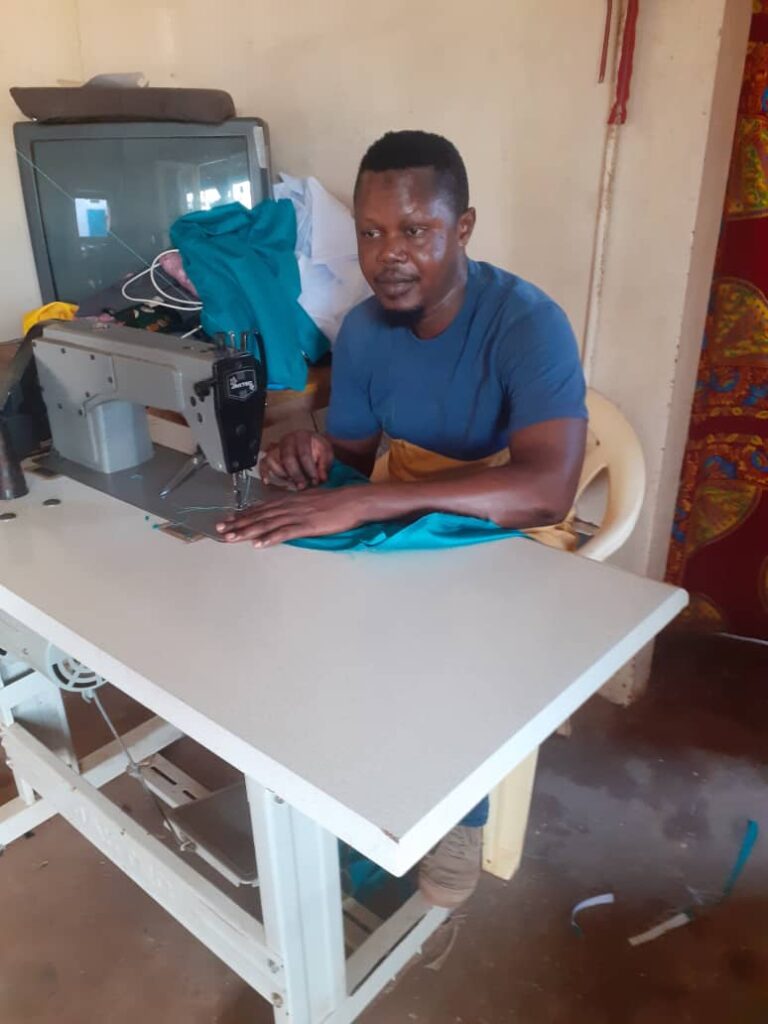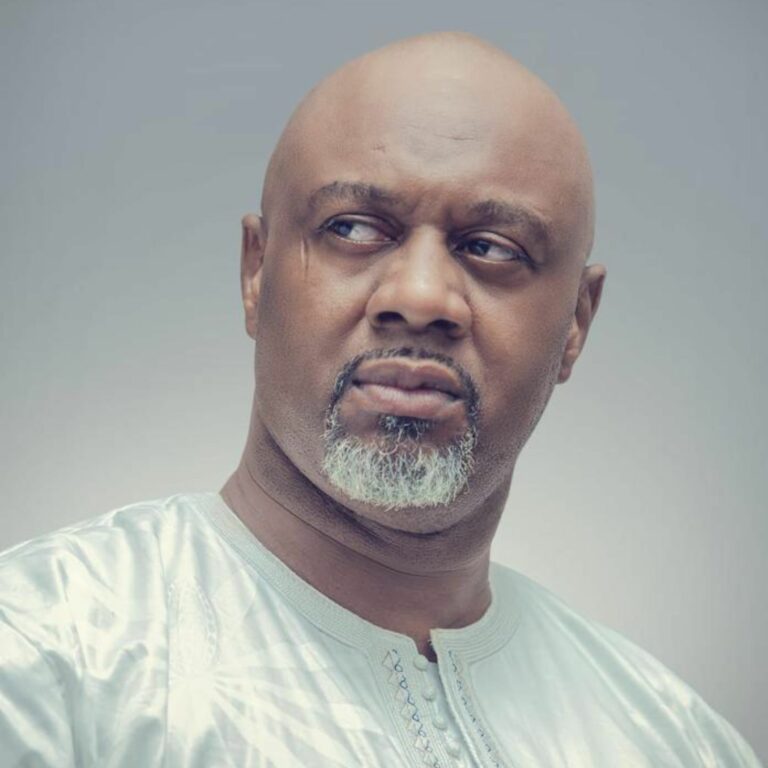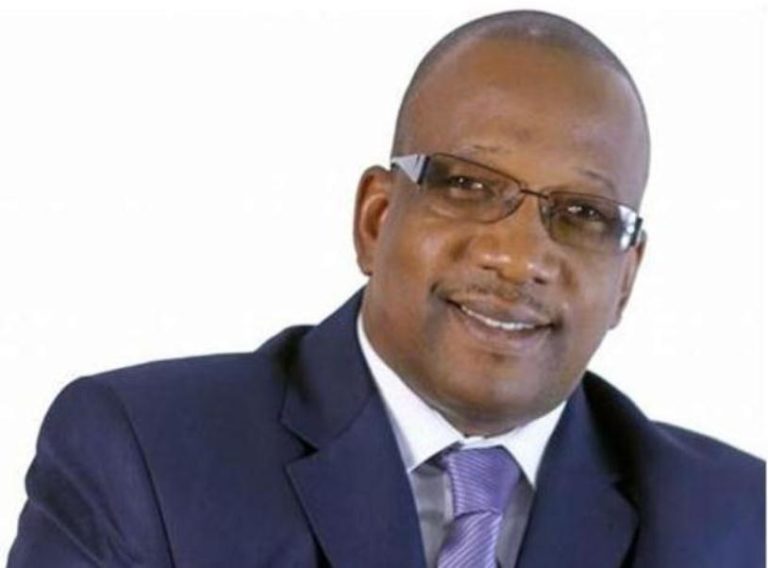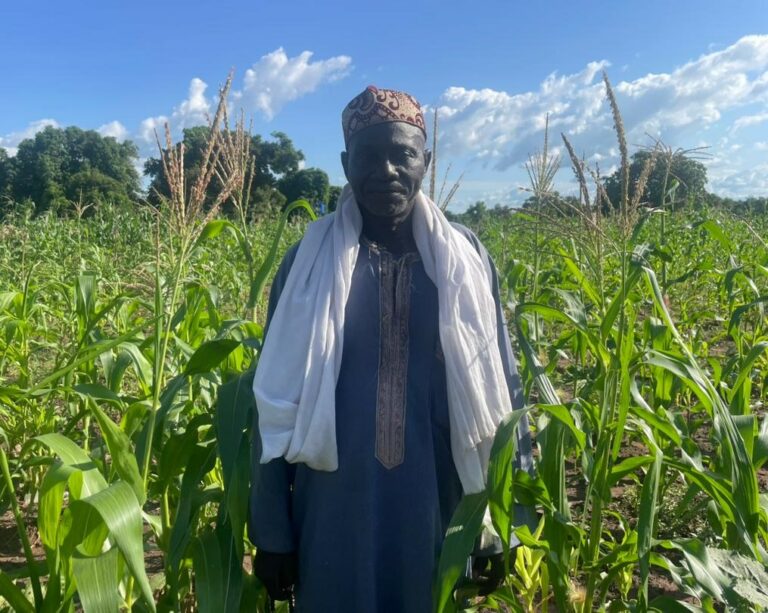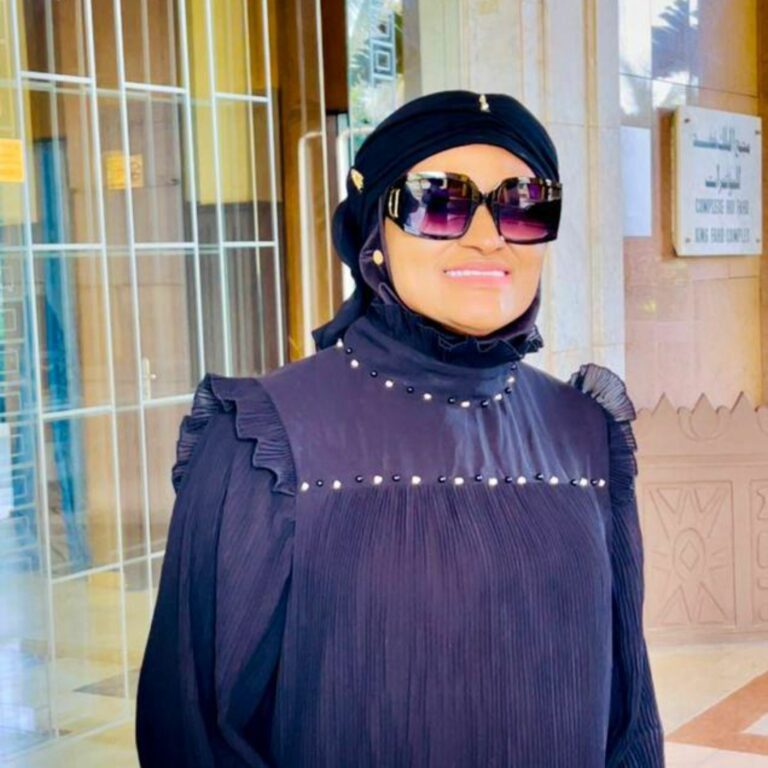By: Ousman F. M’Bai
Financial Crime, Regulation & International Asset Recovery Lawyer/UK;
Founder: ProffMaXX (Gambia) Ltd (Ground Water Drilling, Exploration & Production)
FAR Ltd: Jeopardising The Gambia’s Oil & Gas Prospects
FAR Ltd.’s handling of The Gambia’s oil and gas prospects in the Senegal/Gambia shared sub-basin has raised serious concerns about its operational competence and judgement that may have negatively impacted the nation’s resource future. Yet, the response from The Gambia’s government and other entities involved has been astonishingly muted. It begs the question: why has there been no investigation into how this debacle was allowed to unfold?
Despite FAR Ltd.’s troubling conduct, it continues to hold its 100% licence stake in The Gambia’s A2 and A5 blocks, with seemingly no repercussions. The Gambia’s government, along with the governments of Senegal, Woodside Energy, and Petronas, have all remained conspicuously silent. The inertia surrounding the matter signals more than mere oversight; it points seemingly to a potential systemic lack of scrutiny and accountability.
The Gambia’s Missed Opportunity and Senegal’s Tainted Windfall
The Gambia’s government, having effectively surrendered the country’s economic sovereignty to Senegal, maintains the position that there are no oil and gas resources in The Gambia. Remarkably, the Petroleum Minister recently issued a communiqué downplaying the nation’s oil and gas potential, reinforcing the false narrative that no significant resources exist within the country. This conclusion—potentially influenced by FAR Ltd.’s poor performance and Senegal’s control over the country’s unsophisticated elites overlooks a crucial fact: the issue is not whether oil is directly found in The Gambia, but rather The Gambia’s undeniable right to a fair share of the resources from the Senegal/Gambia sub-basin, which straddles the maritime boundaries of both countries.
Meanwhile, Senegal and its state-owned oil corporation Petrosen, together with Woodside Energy, celebrate what they claim is a monumental discovery. They proudly assert that this will contribute to Senegal’s sustainable development and provide lucrative returns for investors, notably Woodside Energy. However, they appear to omit critical discussion of how they stand to gain significantly from FAR Ltd.’s controversial claim that the SNE Sangomar oil and gas field does not extend into The Gambia’s A2 and A5 blocks. The ethical implication of this omission raises significant concerns and questions about transparency in the management of shared resources. At the core of this issue is the exclusion of The Gambia from its rightful share of the sub-basin’s resources. There can be no valid explanation for this mistreatment and exploitation of The Gambia, especially given that Senegal has resource-sharing agreements with both Mauritania to the north of the MSGBC basin and Guinea-Bissau to the south.
3D Seismic Data and FAR Ltd.’s Dubious Findings
Woodside Energy, Petrosen, and Petronas, through its Gambian subsidiary PC(Gambia) Ltd, all possessed clear 3D seismic data indicating that The Gambia’s A2 block is a contiguous extension of the prolific SNE Sangomar field. Yet rather than critically evaluating FAR Ltd.’s findings, these entities accepted without question the conclusions from FAR Ltd.’s failed drilling programme— raising concerns about the adequacy of due diligence.
From the outset, FAR Ltd lacked both the capital and technical expertise necessary for successful exploration. When it entered The Gambia in 2016, the country’s institutions were in disarray. FAR Ltd secured 100% stakes in the A2 and A5 blocks through a deal that has not been fully disclosed, raising concerns about transparency and potential exploitation of weak governance. A strategy often associated with problematic investment practices is to identify a gateway to the heart of government decision- making, then appoint the son, daughter or relative of that individual to represent the so- called investor’s interest.
Facing an inability to meet its obligations, FAR Ltd brought in Petronas as a joint venture partner through its subsidiary PC(Gambia) Ltd. However, Petronas’s presence in The Gambia has been equally shrouded in mystery. It has made no public disclosures, offered no transparency, and failed to release any transactional accounts or information regarding its operations in the country. FAR Ltd.’s assertions are the only source of information on this partnership.
FAR Ltd.’s Inadequate Drilling Programmes
FAR Ltd.’s amateurish approach to drilling was evident in the failure of its first well, Samo, in the A5 block, based on less accurate 2D seismic data or none. Unsurprisingly, FAR’s Chief Geologist admitted they had “drilled low.” Nonetheless, the company reported encountering two structures but failed to disclose any details regarding their relationship to the SNE Sangomar reservoirs. For its second well, Bambo, FAR Ltd concealed significant issues, including a major accident during drilling. Both the primary and secondary wells missed their targets, leading FAR Ltd to wrongly conclude that the Bambo and Soloo prospects were commercially non-viable. This conclusion ignored
clear evidence from 3D seismic data showing that the SNE Sangomar field extends into The Gambia’s A2 block. And FAR Ltd.’s own findings that both prospects have easy access to the prolific source kitchen that feeds oil into the SNE Sangomar field.
FAR Ltd.’s Financial Collapse and The Senegal Deal
Adding to the intrigue, in June 2020, FAR Ltd defaulted on a capital call for its joint venture stake in the SNE Sangomar field. In response, it was forced to sell its 13% stake to Woodside Energy for $126 million in July 2021. This transaction, structured to guarantee FAR Ltd future payments up to $55 million, raises serious questions. It appears that Woodside Energy and Petrosen conducted no meaningful due diligence before finalising this deal, preferring instead to validate FAR Ltd.’s dubious findings and dismiss The Gambia’s rightful claim to a stake in the SNE Sangomar field located inside the Senegal/Gambia sub basin.
Despite repeated requests for clarification from Woodside Energy, Petrosen, and Petronas on their role in this saga, no substantive responses have been provided. Woodside Energy’s reply, in particular, ignored the crux of the matter, deflecting to its pre-emption of FAR’s sale in the Rufisque, Sangomar, and Sangomar Deep (RSSD) joint venture. It made no mention of the default notice served on FAR Ltd, nor did it acknowledge the implications of FAR Ltd.’s actions in The Gambia. The strategic silence on these matters is telling.
FAR Ltd.’s poor financial standing left it ill-prepared to meet its obligations regarding development, production, and royalty payments under its licence, had it confirmed that the SNE Sangomar field extended into The Gambia’s A2 block. Such a finding would have compelled Woodside Energy and Petrosen to acknowledge The Gambia’s shared stake. FAR Ltd.’s ineptitude has effectively made The Gambia the sacrificial lamb.
The Case of Petronas and Lack of Transparency
In August 2022, barely a year after Woodside’s acquisition of FAR Ltd.’s stake, Petronas surrendered its interest in The Gambia’s A2 and A5 blocks back to FAR Ltd for an undisclosed amount. This move raises disturbing questions about the nature of the transaction, the nature of the relationship between Petronas and FAR Ltd and the potential denial of The Gambia its rightful share of the sub-basin’s resources. Petronas has yet to respond to inquiries on whether its actions comply with local and international regulations.
In an era where corporate transparency and accountability are paramount, the actions of Woodside Energy, Petronas, Petrosen, and FAR Ltd stand as an affront to ethical standards. The ongoing denial of The Gambia’s rights to its resources condemns millions of Gambians to perpetual poverty while benefiting a select few. This level of corporate governance raises serious ethical concerns that must be met with international outrage.
Environmental Risks Posed by the FPSO Vessel Near The Gambia’s Territorial Waters
Amidst all of this, The Gambia’s entire maritime coast and ecosystem is exposed to a significant risk of serious pollution from oil spills and leaks due to the presence of the FPSO Leopold Sedar Senghor in close proximity to its territorial waters. An FPSO (Floating, Production, Storage, and Offloading) vessel is a modified oil tanker, redesigned for use at sea as a facility for oil and gas production, processing, storage, and offloading. These vessels are directly connected to production wells deep below the seabed by numerous interlinked pipes, often spanning hundreds of kilometres. The multipurpose function of the vessel, combined with the extensive network of pipes, increases the risk of accidents through leaks and spillage. However, there is no evidence of any coordinated collaboration between The Gambia’s government, the government of Senegal, and Woodside Energy to implement proactive emergency safeguarding measures in the event of an accident.
Paralleling Precedent: The Mozambique Tuna Bonds Case
In the recent landmark corruption case in the High Court Commercial Division in London, the Mozambique “Tuna Bonds” case, Justice Robin Knowles described the scale of the scandal as “nothing short of a tragedy.” He criticised the defendants for focusing solely on their own financial gain, rather than on assisting Mozambique in making the most of its resources.
The parallel with The Gambia is clear. Just as Mozambique was exploited, The Gambia’s vulnerabilities as a small, weak state are being exploited by external entities and internal enablers. The international community must not allow this injustice to persist.
Conclusion: FAR Ltd, Woodside Energy, and The Gambia’s Future
The Gambia’s rightful share of the oil and gas resources in the Senegal/Gambia sub- basin has been sacrificed due to FAR Ltd.’s incompetence and the complacency, if not the lack of action from companies like Woodside Energy, Petrosen, and Petronas. FAR Ltd.’s reacquisition of 100% of The Gambia’s A2 and A5 blocks has put the nation in a perilous position, effectively holding the country hostage with a gun to its head.
Gambians must not remain silent in the face of this corporate exploitation. The ethical and legal failings of those involved must be addressed, and those who have sought to profit from The Gambia’s resources at its expense must be held accountable.
Woodside Energy, now holding 82% of the RSSD, has the power to right this wrong. However, their willingness to engage meaningfully with the reality of The Gambia’s situation will serve as a true measure of their commitment to justice, transparency, and the right to development. The world is watching.
Editor’s Note: On 28.08.24 The Fatu Network wrote to Woodside Energy, Petrosen and Petronas seeking clarifications and their response to the issues raised in this expose. To date, Petronas and Petrosen have not responded. Woodside Energy provided the following response attributable to a Woodside Energy spokesperson:
‘In December 2020 Woodside exercised pre-emption rights to acquire FAR Senegal’s participating interest in the Rufisque, Sangomar and Sangomar Deep (RSSD) joint venture. The transaction completed in 2021 and in no way related to any of FAR’s assets in The Gambia. Further details can be found in the announcement released to the Australian Securities Exchange at the time of the transaction.’
The Fatu Network wrote to FAR Ltd on 5.08.24 and they have not responded to date.

